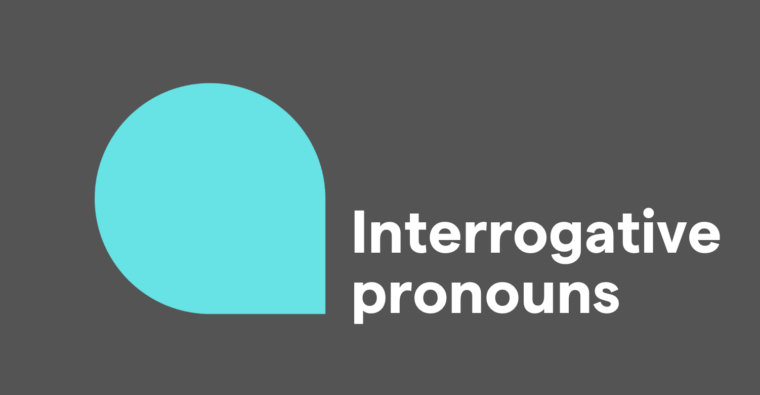
Many people use the words who and that interchangeably, but it’s important to know the difference between them. In short, who is used to refer to people, while that is used for inanimate objects, organizations, and types of people.
Still confused? Don’t worry; we’ll go over when to use who versus that so you’ll know which relative pronoun to use in your writing. We’ll also provide examples of when it’s acceptable to use that in place of who.
When to use who
Who is a relative pronoun that’s used to refer to a person previously mentioned in a sentence. For that reason, who should always be used when referring to a human.
This can get trickier if you’re trying to decide whether to use who or whom, but there’s a simple rule to figure that out: If the word can be replaced with he, she, or they—use who; if it can be replaced with him, her, or them—use whom.
When to use that
That is a relative pronoun most commonly used to refer to inanimate objects, types of people, places, things, or animals (more on animals in just a second).
Can you use that instead of who?
Many people do—in Gotye’s hit song, the lyric is “Now you’re just somebody that I used to know.” While catchy, this song goes against the grammar rule we just went over. Who should be used when referring to people, even if they don’t have a name.
That said, there are some cases when you can use that in place of who when referring to people.
Who vs. that for a group
In this case, it depends on what subject the relative pronoun is referring to. Try to guess which one you’d use in this example:
John is the president of a group who/that advocates for workers’ rights.
The correct word would be that since it refers to the group and not to John. Let’s try another one:
The board members who/that voted against Mr. Wayne were asked to explain their choice.
You’d use who here since it refers to people (the board members).
Who vs. that for a company
A company, organization, or government is an entity and not a person, so most of the time you’ll use that instead of who, unless you’re talking about specific people within the company.
Who vs. that for animals
If you’re anything like us, you probably refer to your pet as a member of the family and are likely to use who when talking about them. The rules of whether to use who or that depend on what style guide you’re following.
The Chicago Manual of Style: Who can be used for animals, even if unnamed.
AP style and APA style: Both guides say that who should be used only for animals with a specific name and that should be used for animals without a name.
Who vs. that examples
Here are some examples of when to use who versus that.
- Amelia Earhart, who was the first female aviator to fly solo across the Atlantic Ocean, set many other records.
- They’re someone who always brings a snack to study group.
- Lily, who just gave birth to a litter of kittens, is resting on the bed.
- Everyone knows that India is the only team that always makes the Cricket World Cup.
- The computer at the front of the classroom is one that doesn’t have Adobe Photoshop.
- I went to the post office that is closest to my house.






